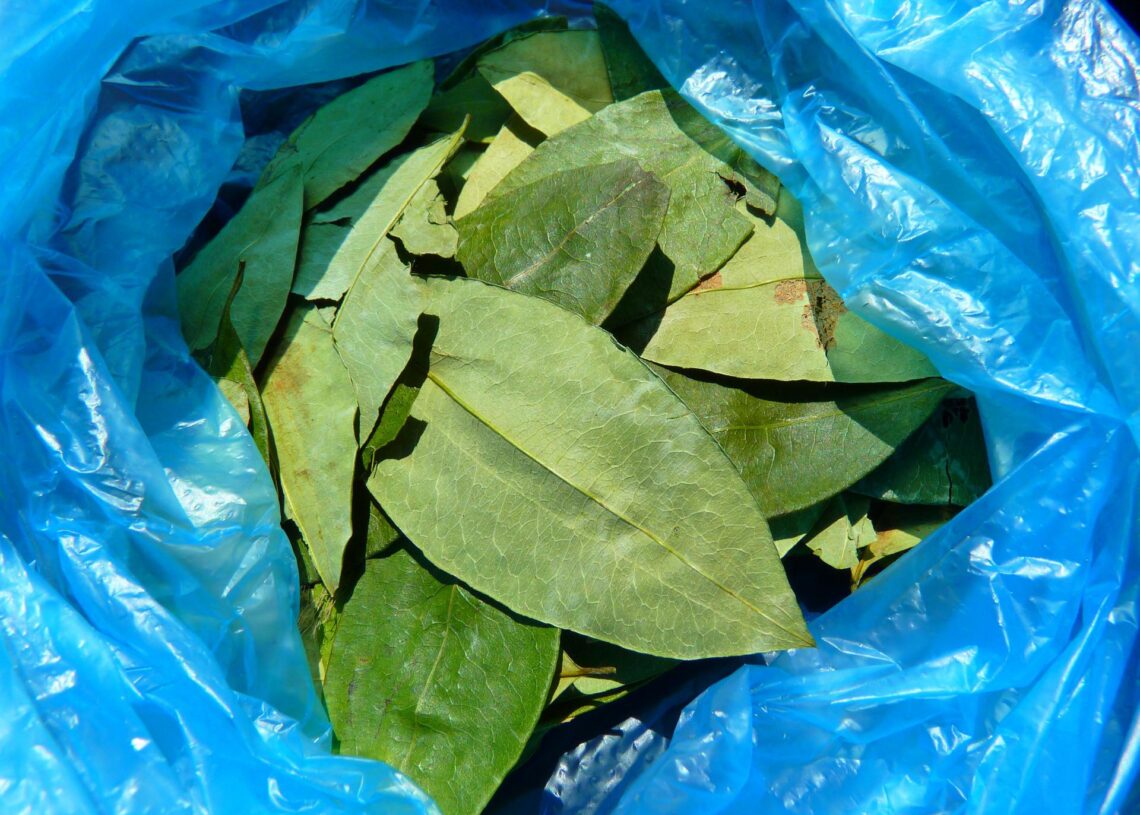The second webinar on “Integral and Sustainable Alternative Development and the Environment” organized by the Deutsche Gesellschaft für Internationale Zusammenarbeit (GIZ) GmbH on behalf of the German Federal Ministry for Economic Cooperation and Development (BMZ) took place on May 18, 2022. It was attended by 18 Latin American and Caribbean countries and a total of 60 decision-makers from government agencies, international organizations and academia. The seminar focused on the scientific evidence on the environmental impacts of illicit crops.
The webinar presented studies and reports on the environmental consequences of illicit drug crops, highlighting the effects of coca and cannabis cultivation. Dr. Angela Me, Chief of the Research and Trend Analysis Branch of the United Nations Office on Drugs and Crime (UNODC), began with a preview of the environmental special of the upcoming World Drug Report 2022. Next, Dr. Maria Alejandra Velez, Associate Professor and Director of the Center for Security and Drug Studies (CESED – Universidad de los Andes), spoke about the challenges of crop substitution in environmentally strategic areas of Colombia. Finally, Dr. Ariani Wartenberg, Postdoctoral Researcher at ZALF (Leibniz Centre for Agricultural Landscape Research) concluded the round of presentations with a review of the environmental impacts of cannabis. In the question and answer sessions, interesting discussions took place on the importance of evidence-based approaches and environmental impacts. Countries took the opportunity to share experiences from their countries and exchange views on the different possible solutions. Welcoming remarks were delivered by the COPOLAD III Program Manager at the European Commission (DG INTPA), Ignacio Martin Eresta.
Discussions on the environmental consequences of illicit crops will be deepened within the framework of the Working Group on SAD and during the First Intraregional Dialogue Forum on SAD to be held in Bogota, Colombia, on July 13-14.






